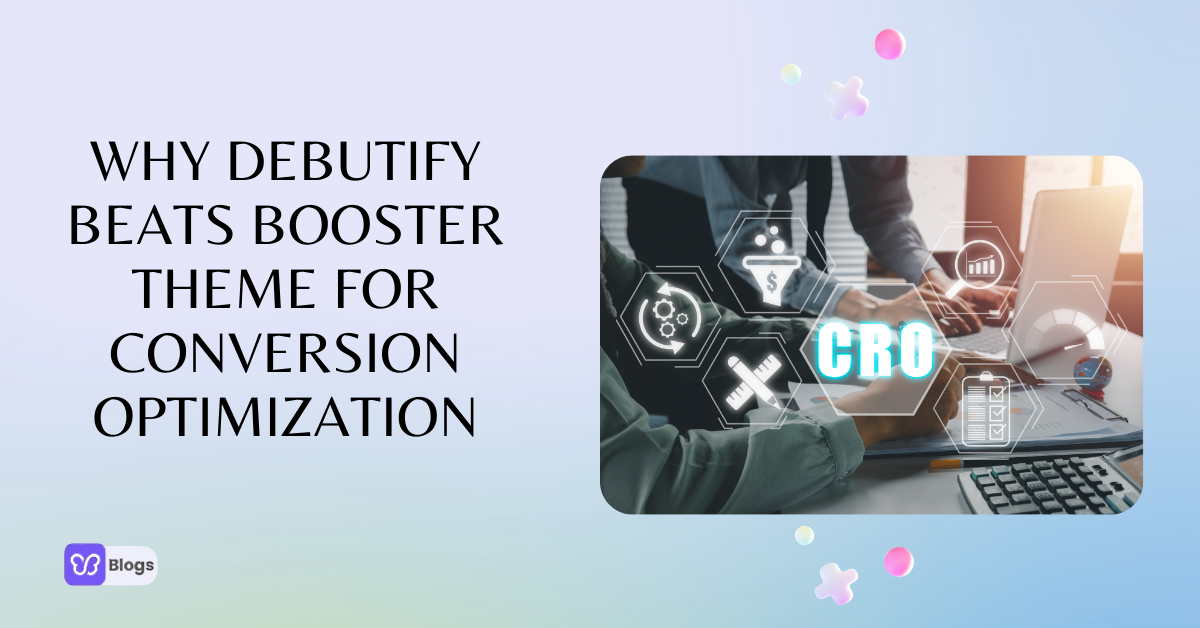Gone are the days of dry, data-driven marketing approaches that leave your customers yawning. It's time to embrace the magic of Emotional Intelligence Marketing and unleash your inner marketing maestro.
We're talking about understanding your customers' feelings, desires, and dreams, and using that knowledge to create marketing campaigns that make their hearts skip a beat. You see, emotional intelligence is the secret sauce that can take your digital marketing game from good to absolutely mind-blowing.
It's like having a sixth sense that allows you to decipher the hidden language of emotions and use it to your advantage. And trust me, when you tap into that emotional goldmine, the results are nothing short of spectacular.
Think about it: when was the last time you were truly captivated by a marketing campaign? Chances are, it was the one that tugged at your heartstrings, made you laugh uncontrollably, or even shed a tear or two.
That's the power of Emotional Intelligence Marketing in action. It's about creating a genuine connection with your audience, making them feel understood, and ultimately, turning them into loyal fans.
But how do you actually do it, you ask? Well, fear not, my marketing comrades! Throughout our journey, we'll explore a myriad of strategies and techniques that will help you leverage emotional intelligence in your marketing arsenal.
So, get ready to embark on this exhilarating adventure into the realm of Emotional Intelligence Marketing. It's time to unleash your creativity, tap into the power of emotions, and create marketing campaigns that will leave your audience begging for more.
Let's make some magic happen, shall we? Get ready to revolutionize your marketing game like never before!







